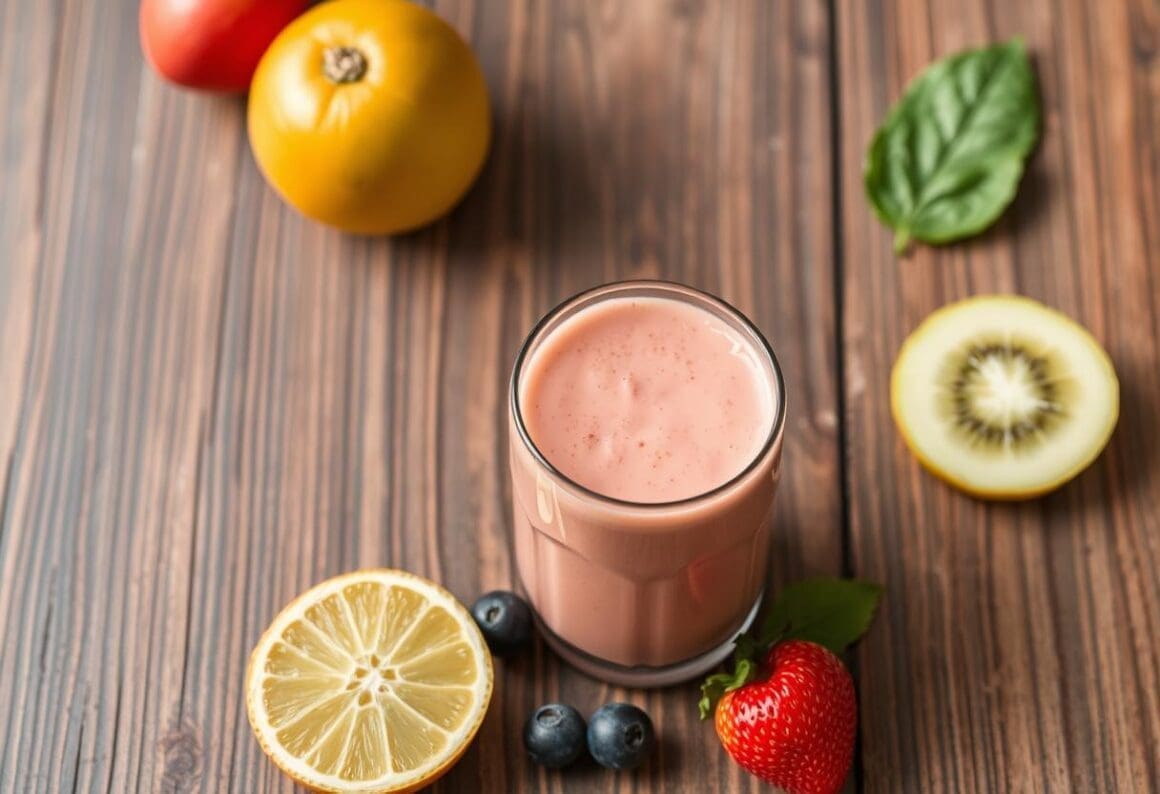Juice cleanses have surged in popularity, often touted for their detoxifying effects. Yet, a recent study sheds light on unexpected microbial changes. Initiating such a regimen can, notably within days, alter the oral microbiome in surprising ways. Even with the best intentions, are these diets truly beneficial? This article explores the nuances and implications of juice fasting.
Despite the allure of rapid detoxification, concrete evidence supporting long-term benefits remains sparse. Armed with recent findings, we delve into how these cleanses might inadvertently affect microbial balance. A deeper understanding of these effects could reshape how juice fasts are perceived and practiced.
Exploring the Juice Cleanse Phenomenon
Juice cleanses involve a strict diet of only fruit and vegetable juices, typically lasting from three to seven days. Proponents argue that these cleanses help expel toxins, promote weight loss, and reshape gut bacteria. However, much of this evidence remains anecdotal. The potential harms, notably nutrient deficiencies and misleading health claims, warrant rigorous scrutiny.
A Closer Look at Recent Findings
The study published in MDPI Nutrients examined the effects of a three-day juice fast on the microbiome. Results indicated significant increases in inflammatory bacteria like Proteobacteria. Such shifts suggest potential health risks, countering popular claims of health benefits.
While changes were more pronounced in those on a juice fast, similar alterations, albeit smaller, appeared in other dietary groups. This raises concerns over the implications of even occasional juice fasting.
Study limitations, such as small sample size and short intervention duration, temper broader conclusions. Yet, these initial findings hint at broader implications for dietary trends and health awareness.
Microbial Changes and Health Implications
Researchers noted that specific bacteria associated with inflammation increased post-juice fast. This includes taxa potentially linked to conditions like colorectal cancer and cardiovascular disease.
Megan Mehnert, a dietician, emphasized these findings as critical indicators of dietary impact. “The reduced nutrient diversity in juice diets is concerning,” she stated, pointing to potential long-term repercussions.
These microbial shifts demand caution, urging reconsideration of juice cleanses as quick health solutions.
Evaluating the Safety of Juice Fasting
While some individuals may consider periodic juice cleanses, it’s essential to evaluate personal health needs. Nutrition experts highlight the risk of these diets, especially for those prone to eating disorders.
Limiting calorie intake severely can trigger health challenges. Mehnert advises against viewing juice fasts as catch-all remedies, suggesting balanced daily meals instead.
She adds that, for most individuals, natural organ detox processes are sufficient. Public health advice suggests moderation in juice consumption due to high sugar content.
Diving Deeper into the Study
Researchers conducted the study on a small group of 14 healthy participants. They assessed oral and gut microbiota changes before, during, and after the juice fast. The focus was on identifying DNA extracted from various samples.
Findings highlighted notable microbial changes in oral and cheek bacteria during the juice fast. These results underscore the need for further research into dietary interventions affecting the microbiome.
Most participants’ microbiomes began returning to baseline within two weeks post-diet. This suggests temporary effects, but the duration of possible longer-term changes remains unclear.
The Risks of Bacterial Changes
The study authors caution that microbiome shifts might herald broader health risks. This includes increased markers for inflammatory diseases and other conditions.
Juices, although rich in vitamins and minerals, don’t provide a complete nutrient profile. Mehnert warns against potential health pitfalls of juice-only regimens.
Individuals should seek comprehensive dietary guidance to avoid dietary imbalances. Mehnert reiterates the importance of a varied diet to maintain a healthful microbiome.
Key Recommendations for Safe Dietary Practices
Considering juice fasts requires weighing potential benefits against risks. Experts advise integrating juices into a balanced diet rather than relying solely on them.
This study sparks conversation on the need for more extensive research on short-term diets’ effects. Attention should focus on ensuring dietary patterns support varied nutrient intake.
Mehnert’s guidance leans toward moderation and caution. “Balanced nutrition is fundamental,” she notes, urging a move away from restrictive practices.
Understanding Juice Fast Consequences
Current evidence underscores the need for caution with juice cleanses. They may seem appealing for detox efforts but carry considerable risks.
Short fasting regimens like these can lead to nutrient imbalances, affecting long-term health. Greater awareness fosters informed dietary decisions, catering to individual health needs.
Listening to professional dietary advice can guide healthier practices. Awareness of potential consequences can prevent unintended health impacts.
Rethinking Quick Health Fixes
The allure of rapid results through juice cleanses challenges traditional dietary wisdom. Such diets, while trendy, may not replace more substantial, balanced nutrition.
As studies like this emerge, the call for long-term health planning grows. The focus should remain on maintaining a varied diet for sustainability and health.
Juice cleanses, though popular, necessitate careful consideration and scrutiny by individuals seeking lasting wellness.
New insights provoke rethinking the health effects of juice cleanses. These findings prompt a reevaluation of dietary practices emphasizing balance over restriction.












